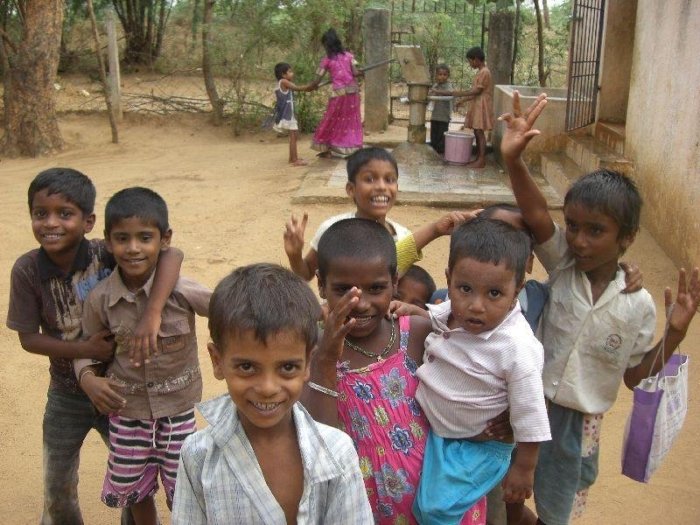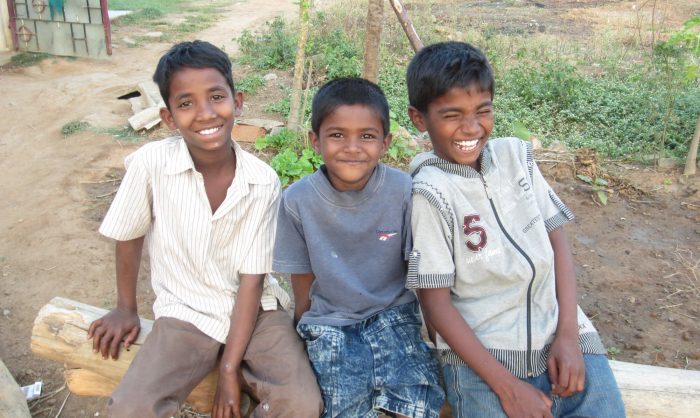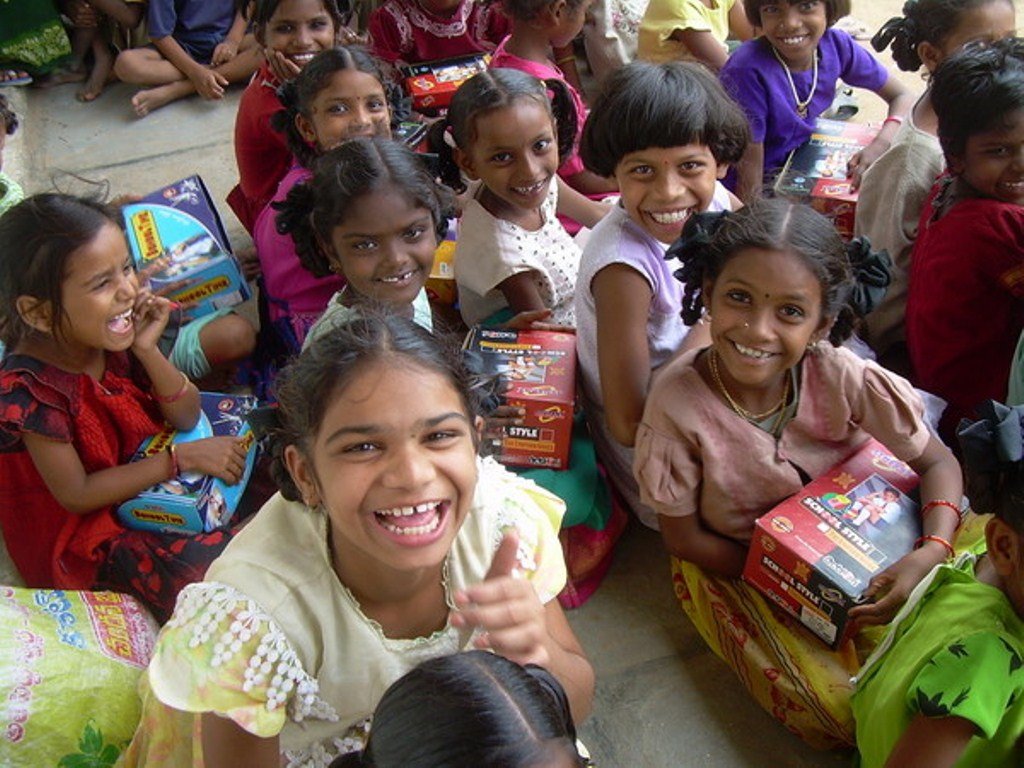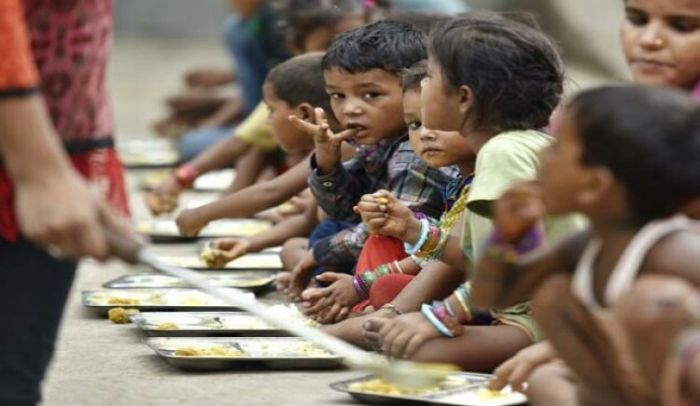In orphans give indian couple will to live – In the heart-wrenching landscape of orphan care in India, the extraordinary act of an Indian couple has ignited a beacon of hope for countless young lives. Their selfless donation has not only transformed the living conditions of orphans but also sparked a profound conversation about the significance of orphan care and the role of society in creating a more supportive environment for these vulnerable children.
As we delve into this topic, we will explore the motivations behind the couple’s remarkable act of kindness, the challenges faced by orphans in India, and the impact of their donation on the orphanage. We will also examine the role of the Indian government and international organizations in providing support for orphanages and discuss the social and cultural factors that contribute to the number of orphans in India.
Indian Couple’s Charitable Act
In a heartwarming act of kindness, an Indian couple has donated their life savings to an orphanage, giving hope and a brighter future to dozens of orphans. The couple, who remained anonymous, had always been deeply moved by the plight of orphans in their community.
Inspired by a desire to make a meaningful difference, they decided to donate their entire savings, amounting to over 10 million rupees (approximately $140,000), to the orphanage.
Significance of Orphan Care in India
India is home to an estimated 30 million orphans, many of whom face immense challenges and hardships. Orphans often lack access to basic necessities such as food, shelter, education, and healthcare. Orphanages play a crucial role in providing support and care to these vulnerable children, offering them a safe and nurturing environment in which to grow and develop.
Role of Orphanages, In orphans give indian couple will to live
- Provide shelter, food, and clothing to orphans.
- Offer education and vocational training opportunities.
- Provide healthcare and counseling services.
- Create a supportive and nurturing environment.
Impact of the Donation on the Orphanage

The donation from the Indian couple has had a transformative impact on the orphanage. The funds have been utilized to improve the living conditions of the orphans, including the construction of new dormitories, a library, and a playground. The orphanage has also been able to hire additional staff, ensuring that the orphans receive the necessary care and attention.
The donation has not only improved the physical environment of the orphanage but has also had a positive impact on the orphans’ emotional and mental health. The orphans now feel more secure and loved, knowing that they have a place where they belong.
Role of the Indian Government in Orphan Care

The Indian government has implemented several policies and initiatives to support orphan care. These include:
- The Juvenile Justice (Care and Protection of Children) Act, 2015, which provides for the care and protection of children in need of care and protection, including orphans.
- The Integrated Child Protection Scheme (ICPS), which provides financial assistance to orphanages and other child care institutions.
- The Central Adoption Resource Authority (CARA), which regulates adoption in India.
While these policies are well-intentioned, there are concerns about their effectiveness in addressing the needs of orphans. The ICPS, for example, has been criticized for its low funding and bureaucratic hurdles.
Social and Cultural Factors Influencing Orphan Care

The number of orphans in India is influenced by a range of social and cultural factors, including:
- Poverty and lack of access to healthcare.
- High rates of infant mortality.
- Abandonment of children due to stigma associated with disability or other factors.
The stigma associated with orphanhood can also have a negative impact on the lives of orphans. Orphans may face discrimination and social exclusion, which can make it difficult for them to access education, employment, and other opportunities.
International Collaboration for Orphan Care

International organizations play a significant role in providing support for orphanages in India. These organizations provide funding, technical assistance, and training to orphanages. They also advocate for the rights of orphans and work to raise awareness about the issue of orphanhood.
Some examples of successful collaborations between Indian orphanages and international organizations include:
- The SOS Children’s Villages, which provides long-term care and support to orphans in over 130 countries, including India.
- The Save the Children Fund, which provides emergency relief, healthcare, and education to orphans in India and around the world.
- The United Nations Children’s Fund (UNICEF), which provides support to orphanages in India through its Child Protection and Orphan Care programs.
Questions and Answers: In Orphans Give Indian Couple Will To Live
What motivated the Indian couple to make this donation?
The couple was deeply moved by the plight of orphans in India and felt a strong desire to make a meaningful difference in their lives.
How has the donation impacted the orphanage?
The donation has significantly improved the living conditions of the orphans, providing them with access to better facilities, resources, and healthcare.
What role does the Indian government play in orphan care?
The Indian government has implemented various policies and initiatives aimed at providing support for orphanages, including financial assistance and regulations to ensure the well-being of orphans.
How can society create a more supportive environment for orphans?
Society can create a more supportive environment for orphans by reducing the stigma associated with orphanhood, promoting adoption and foster care, and investing in programs that provide education and vocational training for orphans.